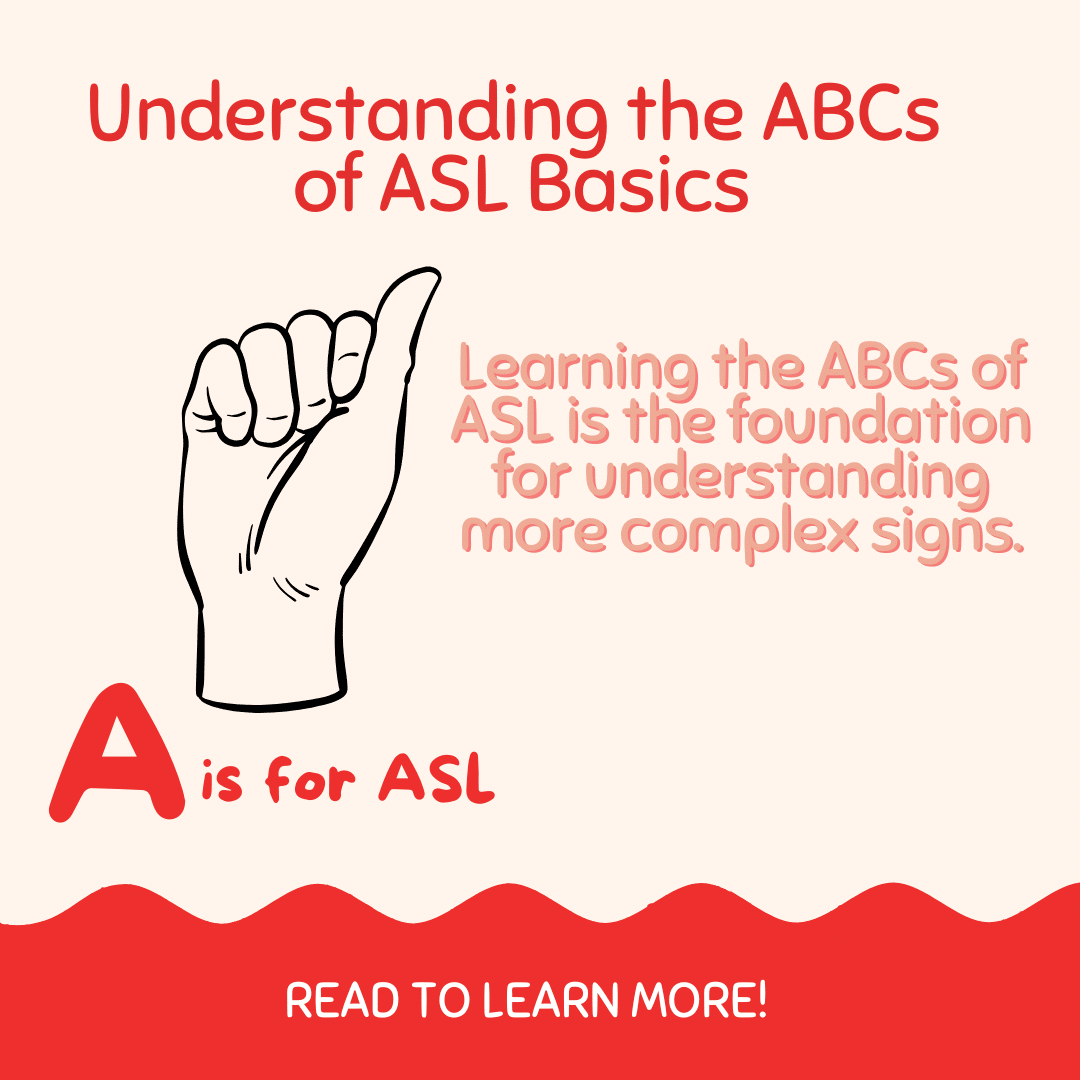
Juliette Gordon Low: Founder of the Girl Scouts and A Deaf Champion Who Wouldn’t Hear “No”


Juliette Gordon Low: A Deaf Champion Who Wouldn’t Hear “No”
Each year Girl Scouts all around the US celebrate October 31st as their movement’s Founder’s Day. The date was chosen to commemorate the birthday of Girl Scouts founder Juliette Gordon Low. Blazing a trail for countless young girls to follow and living a life of daring, self-assurance, and integrity, Ms. Low would not accept “No” for an answer when confronted with negativity in her never-ending quest to make Girl Scouts of the USA a success.
Juliette Gordon Low, also known by the nickname “Daisy,” established Girl Scouts of the USA in 1912 at a time when women in the United States had not yet obtained the right to vote. Juliette developed her first troop of 18 girls into a worldwide organization that now has close to three million members in 92 countries and more than 59 million alumnae. From its beginning she envisioned the Scouts as a movement through which girls could team up, work together, express their individual strengths, and realize their dreams. Ultimately, as countless Girl Scouts have done since, she brought her noble vision to fruition and made a lasting mark on the world.
Early Life Before Going Death
Juliette Gordon Low was born on October 31, 1860 into a wealthy family in Savannah, Georgia, USA. She was educated at some of the best boarding schools of the day and had a keen interest in the arts, especially writing and painting.
Juliette also had a great love of animals. As a girl she was always adopting and taking care of stray cats and dogs. She even looked after other people’s pets that she felt were not getting the care they deserved. Later she continuously promoted animal welfare with the Girl Scouts and others. In “Juliette Low’s Notes on the Laws, 1912” she wrote, “FRIEND TO ANIMALS. All Girl Scouts take particular care of our dumb [non-speaking] friends, the animals, and protect them from stupid neglect or hard usage.”
Total Hearing Loss Developed Gradually
Juliette was born with the ability to hear but began to lose her hearing at age seventeen. She experienced severe hearing loss by the time she reached her mid-twenties and had frequent ailments such as brain fever, earaches, and malaria. When she was 24 years old she contracted a serious infection in her right ear. Antibiotics were unknown at that time but Juliette convinced her doctor to try applying the new treatment silver nitrate. The doctor then used silver nitrate to treat the infection and ended up causing more damage, so that Juliette lost some of her hearing in that ear.
An Amazing Twist of Fate
Two years later at the age of 26 she married William Mackay Low, nicknamed “Willy,” who was the son of a wealthy cotton merchant in Savannah and England. She lived with him in the UK for most of their marriage. On her wedding day, December 21, 1886, a grain of rice thrown by a wedding guest flew into Juliette’s left ear and got lodged there. She ignored the incident until the ear became painful and then decided to look for medical treatment. When a doctor tried to remove the piece of rice, he accidentally punctured her ear drum, which then became infected. The infection eventually damaged several nerves, causing Juliette to become permanently deaf in that ear.
After they were married, the couple moved to the UK, where they enjoyed a lavish lifestyle and participated in high society. Juliette and William also traveled and entertained frequently. While still married to Juliette, William began seeing another woman, prompting Juliette to file for a divorce. Soon after, William became ill with a progressive paralytic condition and died in 1905.
Despite Her Deafness Juliette Forged Ahead
After her husband passed away, Juliette began traveling around Europe. And in spite of losing her hearing, she went on to become an artist and an activist for a number of social causes. Then in 1911, while attending a luncheon in London, Juliette had the opportunity to meet Lord Robert Baden-Powell, founder of the British Boy Scouts. Due to this chance meeting she became fascinated with the idea of working with young people. She wanted to help girls become leaders and successful members of society through the medium of scouting as Lord Baden-Powell had done with boys.
Juliette then began a troop of her own female version of the scouts, which she called the Girl Guides. After starting two more troops of Girl Guides in the United Kingdom, she returned to the US, where on March 12, 1912 she founded the first Girl Guide troop in the United States, and subsequently changed the movement’s name to Girl Scouts.
The first troop, which contained 18 girls, was begun in Juliette’s home town of Savannah, Georgia. The movement soon became popular around the US, and in 1915 was integrated with the national headquarters in Washington, DC, where Juliette acted as the organization’s president for many years.
The fact that Juliette did not allow her deafness to define her as a person is a tribute to her great willpower and tenacity. Instead of seeing her hearing loss as a limitation, she accepted it as her destiny. She then proceeded to make history by founding Girl Scouts of the USA and helping thousands of young girls to gain self-confidence and achieve their dreams.
Juliette Gordon Low’s Legacy Lives on
Ms. Low would not have been familiar with the high-tech digital photography and cybersecurity badges that Girl Scouts earn today. But she sincerely believed that every activity a Girl Scout undertakes should make full use of her potential and raise her level of confidence. Ms. Low’s philosophy may be summed up in the following quote: “The work of today is the history of tomorrow and we are all its makers.”
This great heritage is still meaningful to Girl Scouts in the 21st century. Girl Scouts of the present day possess many parallels to the members of the first Girl Scout troop that Juliette Gordon Low formed in 1912. They interact regularly with fellow community members, enjoy being in the great outdoors, care for animals, regularly challenge themselves to attain their goals, and constantly strive to make the world a better place to live.
Juliette made sure that all girls were welcomed into Girl Scouts of the USA, even those with disabilities. She wanted all the girls in her movement to experience the joy of going outdoors and appreciating nature and animals in the same passionate way that she did. She wanted young women to learn and prepare for homemaking and/or professional work, and to become confident in pursuing any life path they chose.
Sign Language Use
Although a sign language badge is currently being offered by Girl Scouts of the USA, lists of badges that were given during Juliette Gordon Low’s lifetime don’t include one. And Juliette was never known to use sign language to communicate. However, the fact that she was a Deaf woman and achieved a rare level of greatness has left a profound imprint on the world. She encouraged girls both Deaf and Hearing to communicate effectively through whatever means was necessary to achieve their goals.
With her founding of the Girl Scouts movement, Juliette’s main objective was to inspire girls of all ages, ethnicities, and religions to join together and build courage, confidence, and character.
Juliette Made Use of Her Deafness for Practical Ends
Being deaf in one ear and having only partial hearing in the other, Juliette Gordon Low would often use her hearing loss to her own advantage by refusing to hear negative terms such as “No” and “Not interested” spoken by others. She knew she needed the help of other people in starting the Girl Scouts of the USA. So, she reached out to members of her community for contributions and assistance in carrying out her work.
In describing her first encounter with a potential contributor to Girl Scouts, she wrote, “The first woman I approached tried to tell me she wasn’t interested. I pretended that my deafness prevented me from hearing her refusals. I never heard a word of argument from her again!”
Afterwards, to recruit volunteers to help with running Girl Scouts, she would just appoint a friend to lead a troop or to do some other task. Then if they tried to refuse her request, she would take no notice of them by using her deafness as a pretext not to hear.
In this way, being an intrepid and headstrong spirit, she tailored and used her hearing loss to meet her practical needs. She continued being active in society and ultimately organized the Girl Scouts into a global movement. Also, being without children was probably a situation she was grateful for, as it gave her the independence she needed to fulfill her lofty dreams.
From the original troop of 18 girls that Juliette started in Savannah, Georgia in 1912 Girl Scouting has grown to comprise 3.7 million members. Girl Scouts is the world’s largest educational organization for girls. The movement has profoundly impacted the lives of the more than 50 million girls, women, and men who have participated in it as members, troop leaders, or volunteers.
A Profound Legacy of Social Service
Juliette Gordon Low has been honored time and time again for her perseverance and commitment to helping make girls across the United States into resilient, self-assured, caring, and creative women. In 1948 she became one of the few women and few Deaf US citizens to be honored with having her image imprinted on a postage stamp. Juliette has also been inducted into the Women’s Hall of Fame, and has had schools, a ship, and a federal building named after her. She also earned countless awards and medallions during her lifetime, and has transformed the lives of thousands of young women over the last five generations.
Start Learning ASL Today!
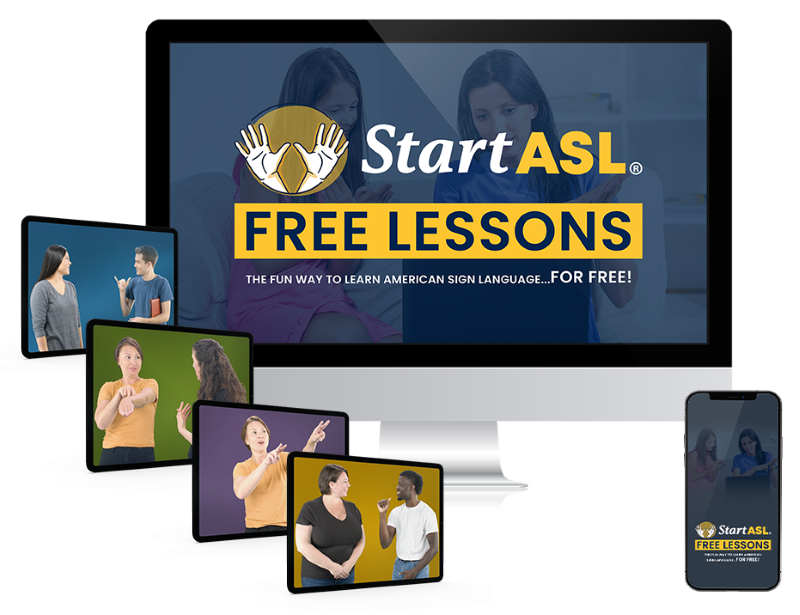 Ready to start learning real American Sign Language and not just basic signs? Do you want to be a part of the vibrant Deaf community? Check out our Free ASL 1 Course or our Complete 4-Level ASL Course options and start learning ASL today!
Ready to start learning real American Sign Language and not just basic signs? Do you want to be a part of the vibrant Deaf community? Check out our Free ASL 1 Course or our Complete 4-Level ASL Course options and start learning ASL today!
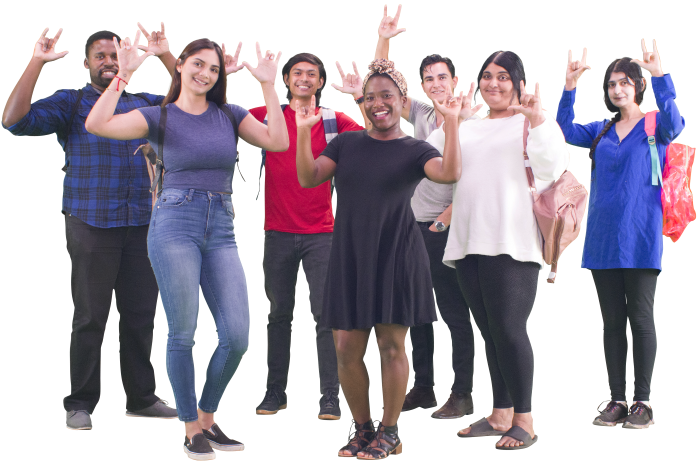
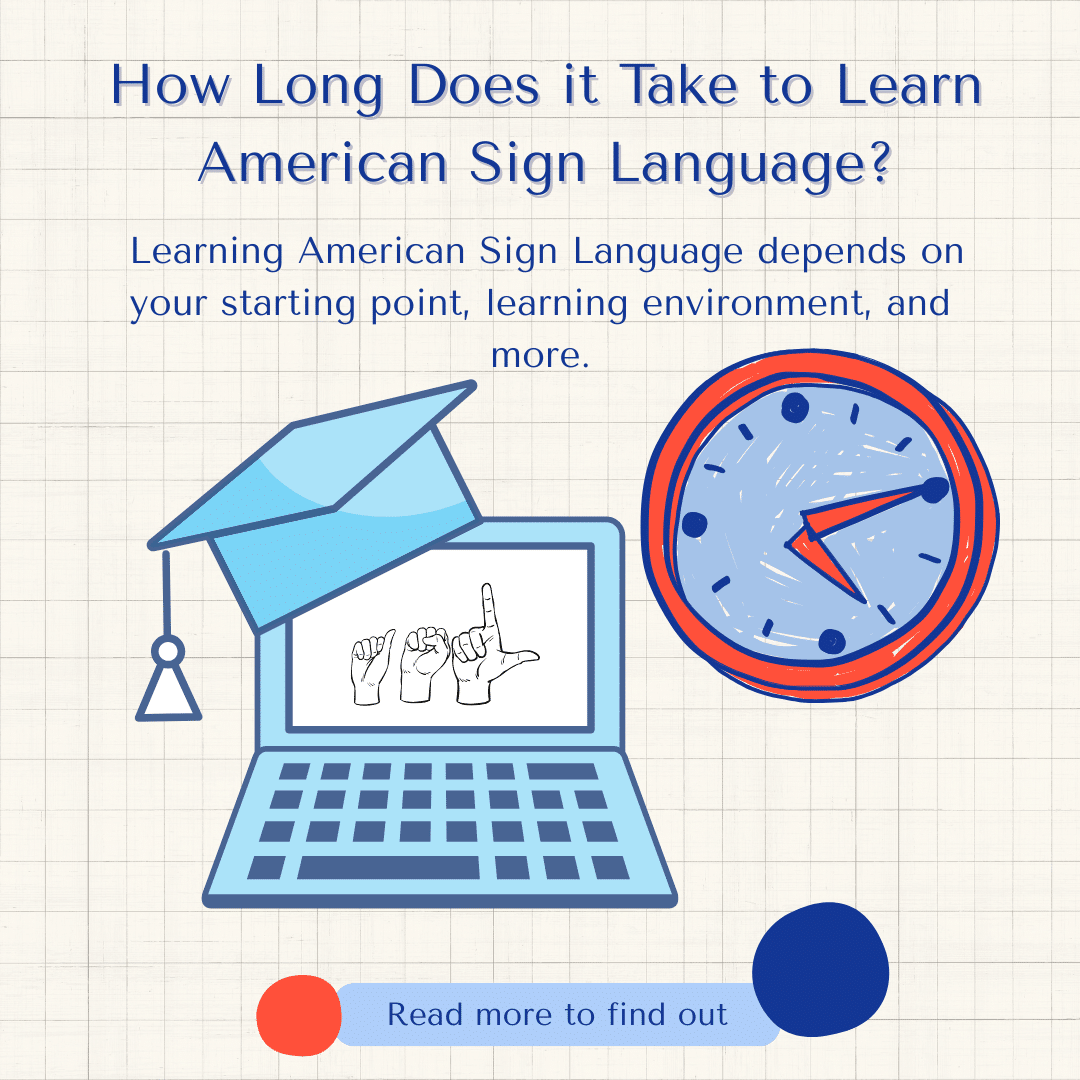


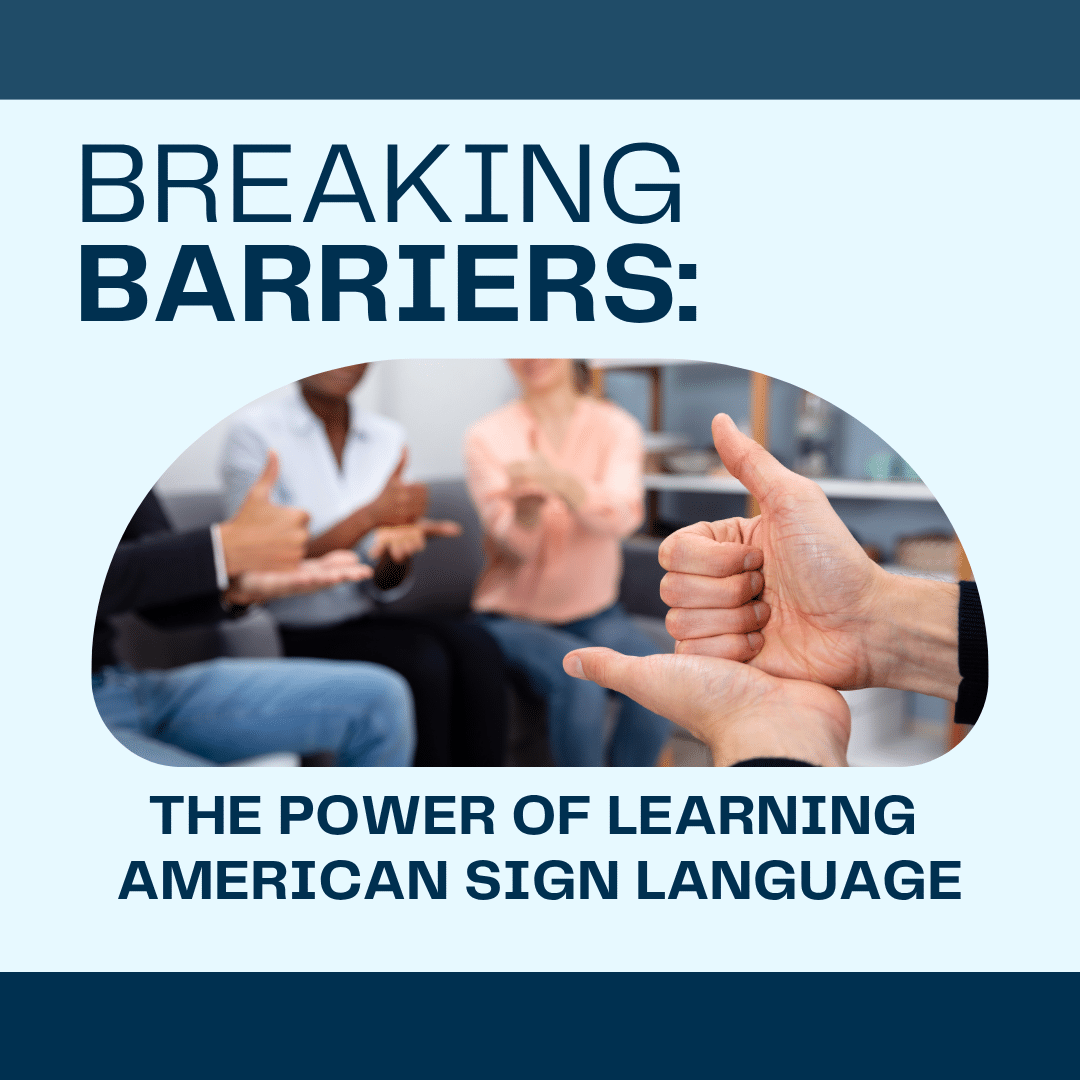
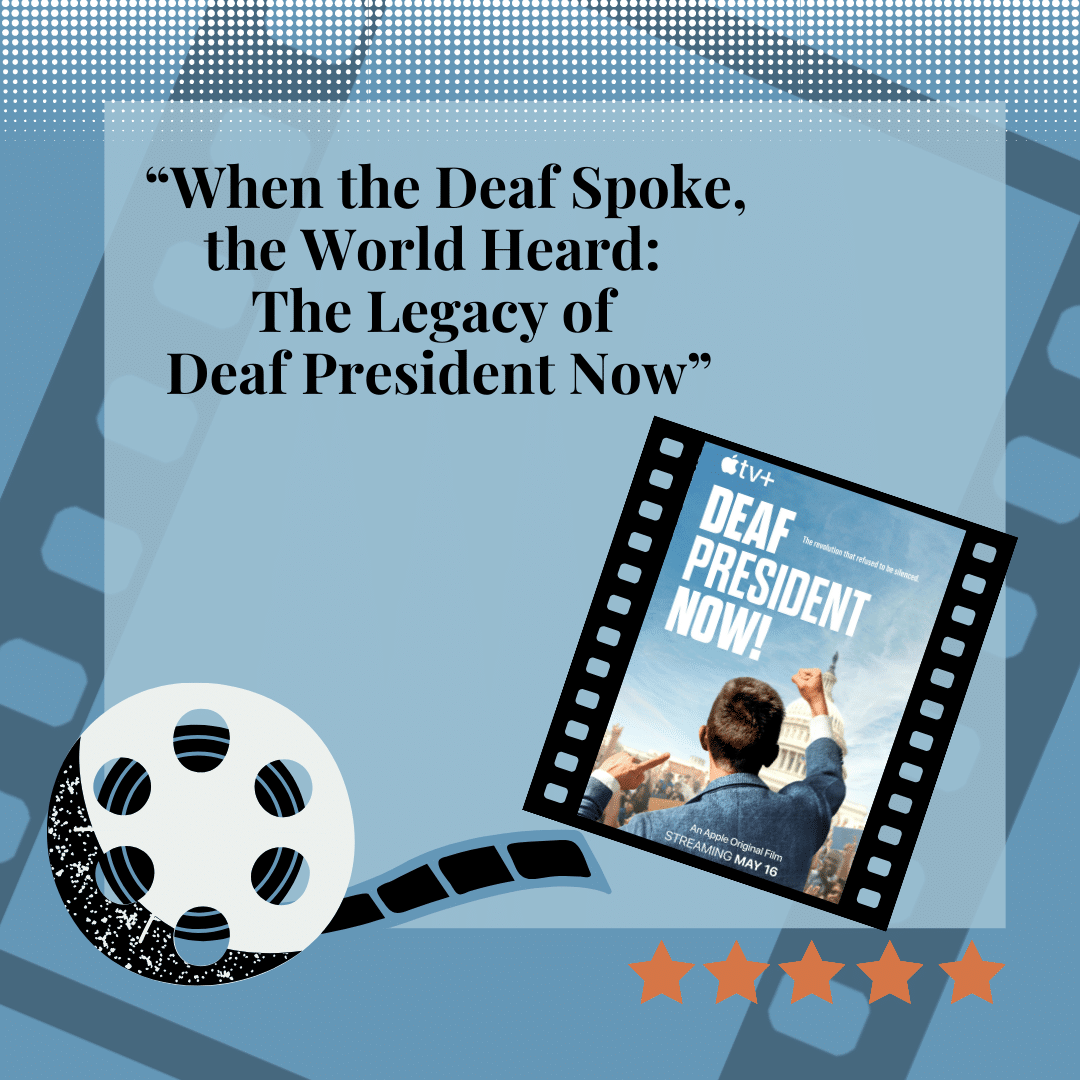



One Response
Your second paragraph, “Early Life Before Going Death” it should be Deaf not Death.
This makes Deaf people look like they cannot write correctly.